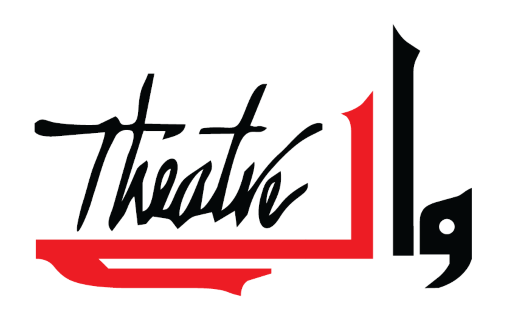by Mustafa Hasan
The name “Theatre Wallay” literally translates to “theatre people”. The group was formed in 2005, but got its name in 2011, after a four-hour long conference call consisting of five people, three of whom have not worked with the group since 2012. That is the thing. Theatre Wallay keeps changing. What it is now is not even similar to what it was when it started out, or even what it was two years ago. It constantly evolves; there are always new faces to be seen, and they bring with them new ideas. Sometimes, people who have not been with Theatre Wallay for years decide to rejoin it, for however long they are able, combining the thoughts of the old and the new. Theatre Wallay is flexible.
The group has evolved as years have passed, and so has the content. The first few productions by the group were comedies, funded by the French Cultural Centre in Islamabad, and were carried out when times were relatively better than they are today. As things in Pakistan got worse, Theatre Wallay’s content decided to take a different turn. Now, the group works on social welfare projects with NGOs and holds readings in Urdu, which often consist of works by revolutionary Pakistani writers. This is also because the group is poor. The French Cultural Centre decided to stop funding it in 2011 for their own personal reasons, and the group has struggled ever since. The change in content is almost like a cry for help, but also a show of strength. Only recently did the group manage to rent its own poultry farm outside Islamabad, and things finally look more promising than they ever have. Theatre Wallay is resilient.
The big break for the group came in 2013, when the American Embassy decided to fund the “Voices of Partition” project that lasted for an entire year, and toured Pakistan and the United States. The project kept members of the group so busy that past failures and slow times were forgotten. The project shows how diverse Theatre Wallay really is in terms of its content. Over the years, it has picked from the literature of Pakistan, India, the United States, the United Kingdom, France, Africa, and Russia. For example, I myself have played an African-Pakistani child in the first ever production by the group in 2005, and have also been a fat British husband in a recent small-scale production in 2015. Theatre Wallay continues to consist of people from all walks of life (although most are teachers), and people who speak a number of languages. Theatre Wallay is diverse.
